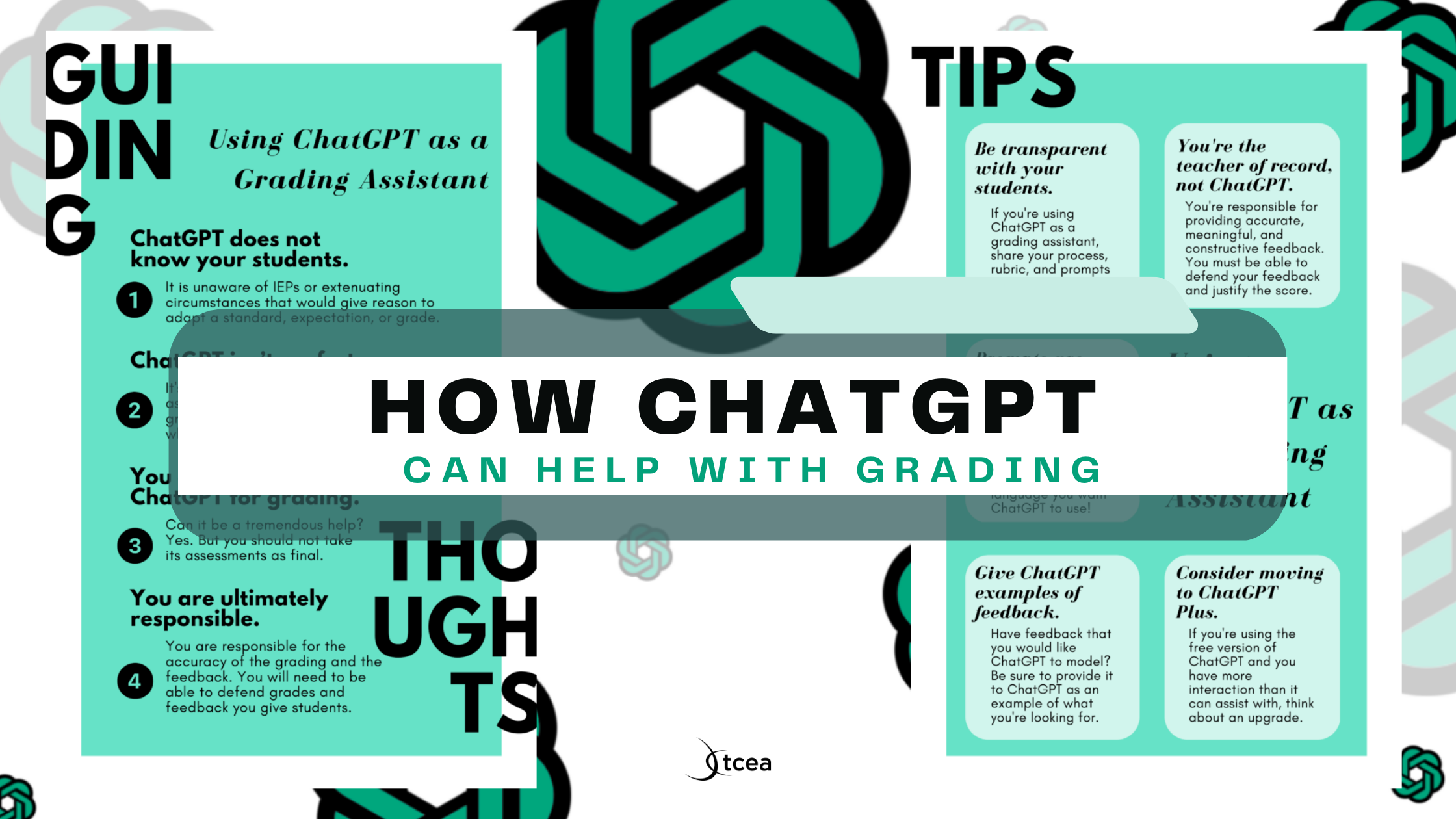
The meteoric rise of ChatGPT has ignited a thirst for AI-powered conversational assistants. While ChatGPT remains a formidable player, a slew of alternatives have emerged, offering unique capabilities and approaches to answering your burning questions.
Here are seven noteworthy alternatives to ChatGPT:
- Anthropic Claude: Known for its advanced reasoning capabilities, Claude excels at handling complex and nuanced queries.
- YouChat: Tailored towards students and researchers, YouChat integrates academic content and citations for accurate and credible knowledge.
- NeevaAI: Offers a privacy-focused alternative, free from targeted advertising and with anonymized user data.
- Perplexity: Suitable for technical inquiries, Perplexity is an AI assistant specifically designed for programmers and developers.
- Cohere: Provides a customizable platform for creating specialized AI assistants tailored to specific domains or use cases.
- Bloom: Developed by researchers at Carnegie Mellon University, Bloom exhibits strong language comprehension and generation capabilities.
Various factors differentiate these alternatives, including:
- Linguistic Proficiency: The ability to understand and respond in a natural language, without appearing robotic or repetitive.
- Accuracy and Comprehensiveness: The reliability and completeness of the information provided by the AI assistant.
- Bias Mitigation: The extent to which the AI assistant avoids biased or discriminatory responses.
- User Interface: The ease of use and accessibility of the conversational interface.
Specific use cases may prioritize certain factors over others. For instance, researchers seeking academic knowledge may prefer YouChat, while developers may opt for Perplexity’s technical expertise.
ChatGPT alternatives have found practical use in various domains:
- Education: Providing personalized assistance to students, generating lesson plans, and answering subject-specific questions.
- Customer Service: Automating responses to customer inquiries, addressing common issues, and providing product information.
- Healthcare: Facilitating patient consultations, providing disease and treatment information, and analyzing medical data.
- Research: Summarizing research papers, identifying relevant literature, and generating hypotheses.
The use of AI assistants raises ethical questions, including:
- Misinformation: The potential for AI assistants to spread inaccurate or biased information.
- Job Displacement: The automation of certain tasks, potentially displacing human workers.
- Data Privacy: The concerns surrounding the collection and use of user data by AI assistants.
Addressing these ethical concerns requires ongoing research and collaboration between AI developers, policymakers, and society.
The emergence of ChatGPT alternatives has created a vibrant landscape of AI-powered conversational assistants. Each alternative possesses unique strengths, and the choice depends on specific user needs and preferences. As these technologies continue to evolve, they hold the potential to reshape the way we access and interact with knowledge, bringing profound implications for various industries and aspects of life.
However, it is crucial to approach the use of these AI assistants with a critical and responsible mindset, considering both their benefits and ethical implications. By navigating the complexities of ChatGPT alternatives, we can unlock the transformative power of AI while safeguarding our values and ensuring a future where technology serves human progress.
